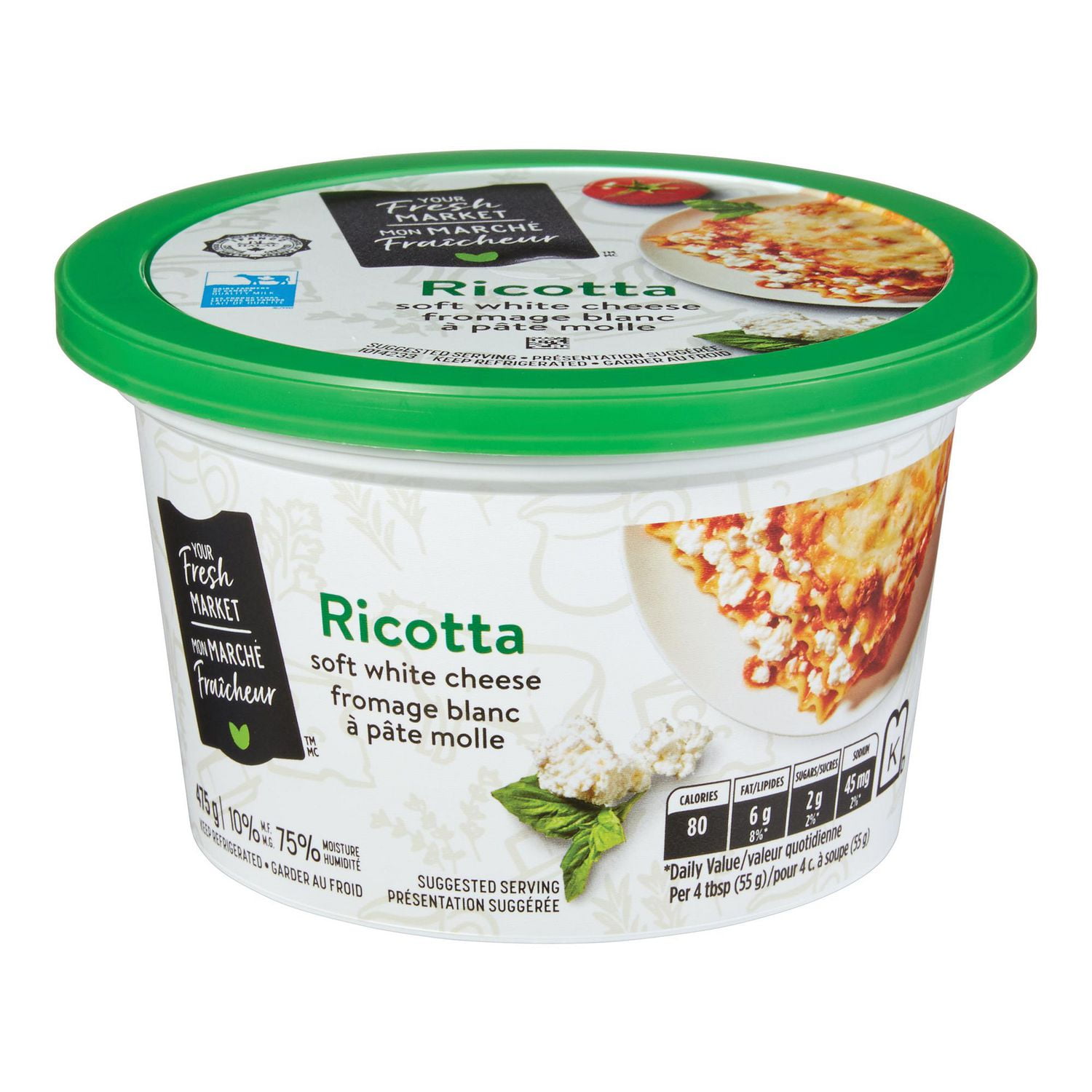Scientific Psychologists Vs Psychiatrists: Key Distinctions You Ought To Know
The difference between scientific psycho therapists and psychiatrists is critical for individuals looking for mental health and wellness treatment, as each professional offers special proficiency shaped by their academic histories and treatment methods. While clinical psychologists concentrate mostly on psychotherapy to resolve emotional and emotional problems, psychoanalysts, as clinical doctors, bring a pharmacological point of view to treatment, commonly linking medicine with restorative techniques. This difference increases crucial concerns about which specialist might be finest suited for numerous mental wellness needs. As we explore these vital differences further, the implications for therapy selections become significantly considerable.
Educational History
Several individuals seeking psychological wellness services may question about the distinctions in educational backgrounds between medical psycho therapists and psychoanalysts. The differences are crucial and considerable for understanding the functions each professional plays in psychological wellness treatment.
Professional psycho therapists typically hold a postgraduate degree in psychology (Ph.D. or Psy.D.), which calls for substantial training in mental theories, study methods, and clinical practice. Their education and learning consists of a minimum of five years of graduate research study, including both coursework and supervised clinical experience. Furthermore, medical psychologists are called for to get and finish a pre-doctoral teaching fellowship licensure, which includes passing a national exam.

These differing educational courses underscore the one-of-a-kind proficiency each specialist brings to the area, forming their approaches to client, medical diagnosis, and therapy care. Recognizing these distinctions is crucial for individuals browsing the mental health and wellness system.
Treatment Approaches
Diverse treatment strategies identify the practices of scientific psychologists and psychoanalysts, reflecting their distinct training and areas of know-how. Their emphasis is on psychological and mental assessment, treatment, and the growth of coping techniques to attend to various mental health and wellness problems.
On the other hand, psychoanalysts are distinctively qualified to identify and treat mental wellness disorders with a combination of psychotherapy and pharmacotherapy (ricota salata australia). Their clinical training permits them to recommend medicines, which can be crucial for managing problems such as schizophrenia, bipolar illness, or extreme clinical depression. Psychiatrists often take a more biomedical method, taking into consideration the organic, mental, and social factors affecting an individual's mental health and wellness
Both specialists may team up in treatment strategies, making sure detailed treatment that resolves the complexities of mental health. Eventually, the selection of treatment method may depend upon the nature of the condition, the preferences of the patient, and the certain expertise of the clinician included.

Role in Mental Healthcare
The functions of clinical psycho therapists and psychoanalysts in mental wellness care are corresponding, reflecting their unique training and know-how. Clinical psycho therapists primarily focus on the assessment, medical diagnosis, and therapy of psychological problems through different restorative methods, including cognitive-behavioral treatment (CBT), social therapy, and psychoeducation. Their training stresses recognizing human behavior, psychological performance, and the therapeutic procedure, allowing them to supply evidence-based treatments tailored to individual requirements.
On the other hand, psychiatrists are clinical doctors that specialize in the diagnosis and therapy of mental wellness disorders, usually utilizing a biomedical method. They can prescribe salted ricotta cheese drugs to take care of psychiatric signs and symptoms and are trained to take into consideration the physiological elements of psychological health and wellness, such as neurobiology and pharmacology. This medical point of view allows psychiatrists to resolve complicated instances that might need a mix of medicine management and psychotherapy.
With each other, medical psychologists and psychiatrists develop a detailed mental healthcare framework, addressing both medical and psychological demands. ricota salata australia. Collaboration between these experts ensures that people get all natural care, eventually improving treatment results and boosting the top quality of life for people experiencing mental health obstacles
Kinds of Problems Treated
While both clinical psychologists and psychiatrists attend to a large variety of mental health problems, their approaches and areas of experience often determine the details problems they deal with. Medical psychologists mainly focus on the assessment and therapy of psychological, behavioral, and cognitive disorders via psychiatric therapy.
On the other hand, psychoanalysts are medical physicians who can prescribe drugs and have actually specialized training in the biological elements of mental wellness - ricota salata australia. They frequently manage much more complex psychiatric problems that may call for pharmacological treatment, such as schizophrenia, bipolar disorder, severe clinical depression, and substance make use of problems. Psychiatrists might incorporate medicine administration with psychiatric therapy but generally concentrate on the clinical and biochemical parts of psychological health and wellness problems
Comprehending these differences can aid individuals seek the suitable treatment customized to their specific psychological wellness requirements, guaranteeing they receive the most reliable therapy for their conditions.
Insurance Coverage and Expense Considerations
Navigating insurance and cost considerations is a crucial aspect for people looking for psychological health and wellness services from scientific psycho therapists or psychiatrists. Both occupations may accept different insurance coverage plans, yet the degree of insurance coverage can differ considerably. Psychoanalysts, that usually prescribe medicine, may have various billing methods compared to professional psychologists, who generally concentrate on psychotherapy.
Insurance policy compensation for psychiatric solutions could be extra beneficial as a result of the medical nature of their practice. Consequently, individuals may run into greater deductibles or co-pays when seeking advice from a psychoanalyst. On the other hand, professional psychologists may give services billed under psychological health advantages, which could result in lower out-of-pocket expenses, depending on the insurer's policy.
In addition, people ought to think about the frequency and duration of therapy sessions when evaluating expenses. While psychiatrists could offer shorter, medication-focused check outs, clinical psychologists often involve in longer sessions dedicated to therapeutic methods.
Eventually, understanding the specific regards to one's insurance plan, consisting of network availability, coverage limitations, and pre-authorization demands, is important. Clients are urged to call their insurance policy copyright to clarify benefits and explore options for budget friendly mental health care.
Conclusion
In recap, the differences in between clinical psycho therapists and psychiatrists are vital for informed choices concerning mental health and wellness treatment. Educational background, treatment approaches, and functions in mental health and wellness dramatically check these guys out differ between the Check Out Your URL 2 occupations.
The distinction in between professional psychologists and psychoanalysts is vital for people seeking mental health care, as each expert deals one-of-a-kind experience shaped by their academic histories and treatment methods.The duties of scientific psychologists and psychiatrists in mental health treatment are complementary, showing their distinct training and know-how.While both scientific psychologists and psychoanalysts resolve a vast range of psychological health and wellness problems, their strategies and locations of know-how commonly dictate the particular problems they deal with.Browsing insurance and price considerations is a crucial facet for people seeking mental wellness services from clinical psychologists or psychiatrists.In summary, the differences between professional psychologists and psychiatrists are vital for educated decisions regarding psychological health and wellness care.